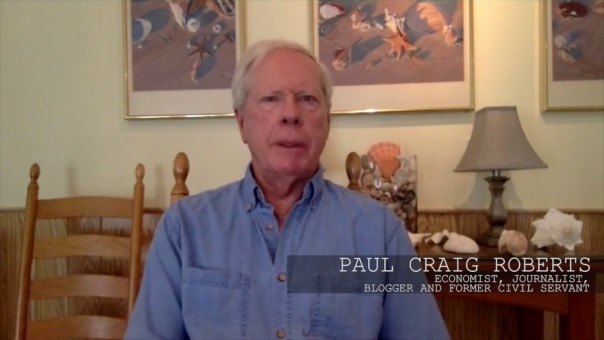
The Putin-Trump meeting. What do we make of it? A good result came of it, stresses Paul Craig Roberts, a well-known international observer, the assistant Secretary of the Treasury for Economic policy at the President Reagan administration.
Trump moved away from his demand for a ceasefire and said that it was more important to work toward a permanent peace than a ceasefire which is seldom kept. This would seem to commit Trump to addressing the root cause of the conflict, which is Russia’s insecurity with NATO all over her borders.
Putin said that the meeting marked the transition from confrontation and threats to dialogue. This prospect alone made the meeting worthwhile.
These are good results. In a world of nuclear weapons the level of tension had become untenable.
For hopes to be realized two barriers must be recognized and overcome. One is the neoconservative doctrine of American hegemony. The other is the interest of the US military/security complex.
The doctrine of hegemony requires overcoming Russia in order to achieve Washington’s unilateralism. Is this doctrine too institutionalized to be repudiated?
The budget, influence over Congress, and power of the military/security complex requires a major enemy. Russia fills that role. Peace on equal terms with Russia takes away the enemy, and the budget and influence of the military/security complex declines. There are military bases or weapon manufacturers in almost every state, which means this interest is also institutionalized as President Eisenhower warned us it would be.
Therefore, the question before us is: how likely is it that Trump can get NATO and missile bases off of Russia’s border? It is not at all likely if attention cannot be directed to the basic problem.
How helpful will media be? It is the wrong focus to emphasize that Putin wanted the meeting in order to show that he was not isolated and could meet with the American president like Zelensky and Netanyahu do.
The meeting was fortuitous. Trump had trapped himself. His threatened secondary sanctions or tariffs against India and other BRICS members backfired. Faced with his own 10-day deadline, he had to find a way out. He found it in an immediate meeting with Putin. For Trump the meeting was a way of getting himself off of the spot.
The opportunity to wind down a confrontation that would likely end in nuclear war is based on luck. Can this lucky outcome be turned into a mutual security agreement? That depends on the strength of the neoconservatives’ doctrine of hegemony and the willingness of the military/security complex to accept declining sales and profits. Until it is realized that these two interests are the barriers to peace that must be overcome, there will be no peace process.
read more in our Telegram-channel https://t.me/The_International_Affairs

 12:11 19.08.2025 •
12:11 19.08.2025 •






















